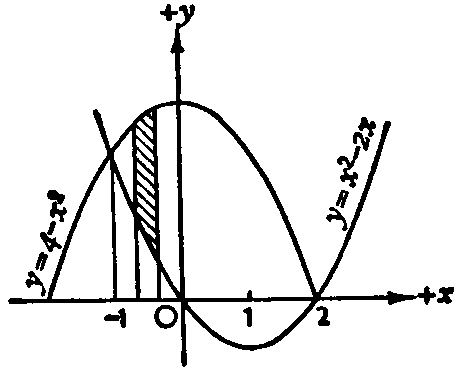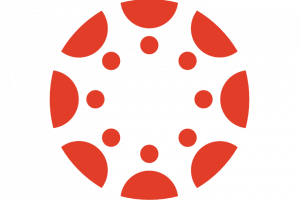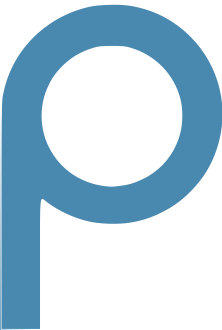Prerequisite and degree relevance
The definite integral and the fundamental theorem of calculus. Areas, volumes. Integration by parts, trigonometric substitution, and partial fractions methods. Improper integrals. Sequences, series, absolute convergence and convergence tests. Power series, Taylor and Maclaurin series. Students cannot receive credit for both this course and course 11B, Applied Math and Statistics 11B and 15B, or Economics 11B. (General Education Code(s): MF.)
Prerequisite(s): course 19A or 20A or AP Calculus AB exam score of 4 or 5, or BC exam score of 3 or higher, or IB Mathematics Higher Level exam score of 5 of higher.
Student Code of Conduct
The UC Santa Cruz community includes students, staff, faculty, and others who have a
vested interest in the University. As members of an academic community, integrity,
accountability and mutual respect are vital pillars of being part of this community. The
Principles of Community further illustrate the values and expectations set forth for being a
part of this community.
Small Group Tutoring (SGT)
Small Group Tutoring provides a small interactive setting for students to be comfortable to engage in conversations about course material with other students. Each session is led by a current UCSC undergraduate student who has taken the course and done well in it. Tutoring sessions are 1-Hour long and generally have a capacity of 6 students. When students sign up for tutoring, students make a commitment to attend tutoring weekly for the entire quarter. All students can sign up for up to 2-Hours of tutoring a week per couse they are enrolled in.
Academic Excellence (ACE)
ACE is an academic support program dedicated to increasing the diversity of UCSC students earning bachelors' degrees in science, technology, engineering, and mathematics. It is a community of scholars who strive for and commit to academic excellence.
Modified Supplemental Instruction (MSI)
In MSI, you can expect the MSI leader to facilitate cooperative group activities designed to have students work together on the course content. MSI is offered at least three times each week for the entire quarter. The MSI leader is an undergraduate student who took the class, did well, and is trained to facilitate group sessions to focus on you, the students, and what you need to succeed in the course. LSS provides continuous training for MSI leaders to create inclusive spaces for students and facilitate group work effectively. MSI is for everyone and open to all students in class to get extra practice on the things you already know or the things you want to know better. Attendance is voluntary; however, students who attend MSI sessions weekly earn a higher final grade than students who do not participate in MSI.
DRC Accommodations
UC Santa Cruz is committed to creating an academic environment that
supports its diverse student body. If you are a student with a disability who requires
accommodations to achieve equal access in this course, please submit your Accommodation
Authorization Letter from the Disability Resource Center (DRC) to me privately during my
office hours or by appointment, preferably within the first two weeks of the quarter. At that
time, I would also like us to discuss ways we can ensure your full participation in the course. I
encourage all students who may benefit from learning more about DRC services to contact DRC
by phone at 831-459-2089 or by email at drc@ucsc.edu.
Inclusivity Statement
We understand that our members represent a rich variety of backgrounds and perspectives.
UCSC is committed to providing an atmosphere for learning that respects diversity. While
working together to build this community we ask all members to:
- share their unique experiences, values and beliefs
- be open to the views of others
- honor the uniqueness of their colleagues
- appreciate the opportunity that we have to learn from each other in this community
- value each other’s opinions and communicate in a respectful manner
- keep confidential discussions that the community has of a personal (or professional)
nature
- use this opportunity together to discuss ways in which we can create an inclusive
environment in this course and across the university community



